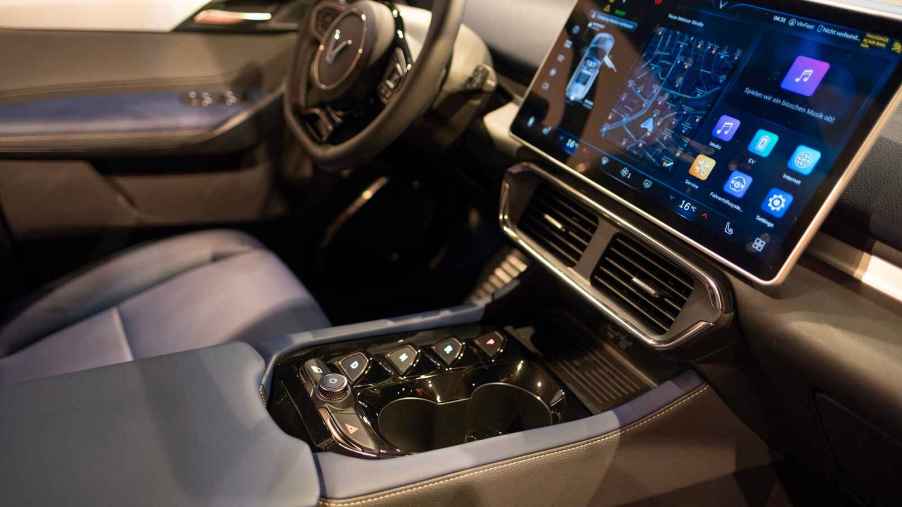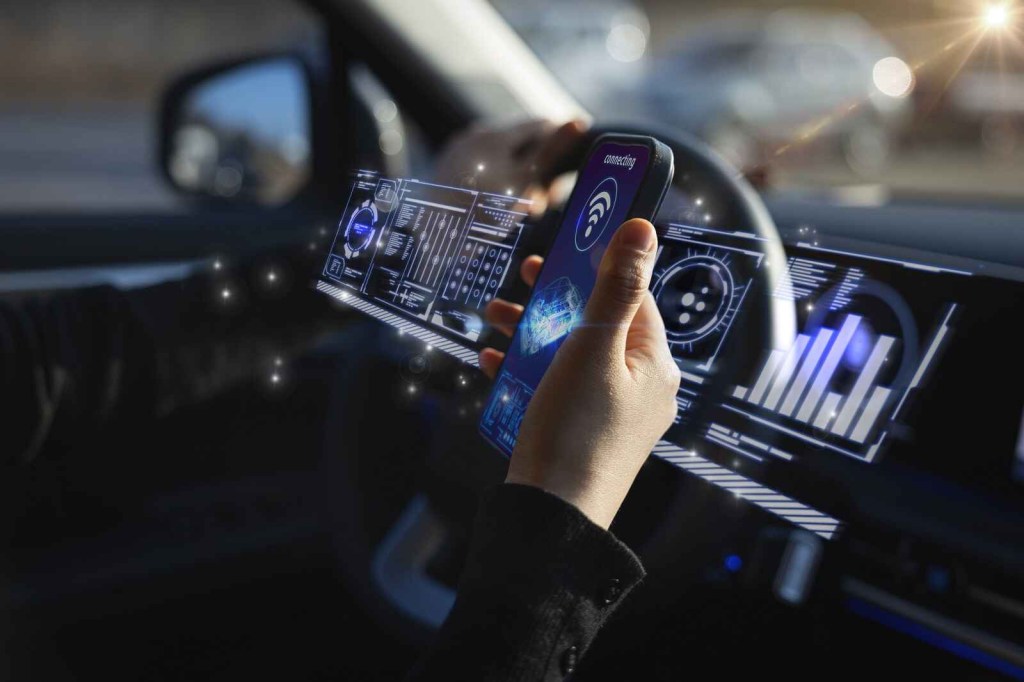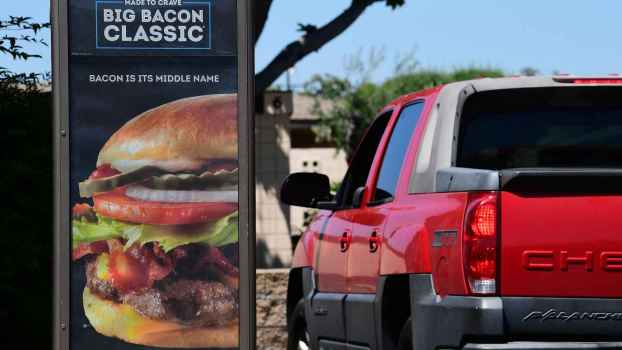
As TikTok Ban Talk Dominates, Feds Want Your Thoughts on Connected Vehicles
The Department of Commerce and the Bureau of Industry and Security are seeking public comments on connected vehicles (CVs). Why? Basically, the entities will use remarks to help determine how to regulate connected cars in the name of national security. The effort is likely being launched specifically toward China-backed vehicles before they enter the U.S. market.
The request for comment was made in reflection of a 2019 executive order. EO 13873 is titled “Securing the Information and Communications Technology and Services Supply Chain.”
The order expresses deep concern over unregulated information or communications technology transactions or services involving foreign-adversary-based entities. It insists that these products or services could be used to sabotage U.S. national security.
The broad EO declares a state of emergency, which has been redeclared as “continuing” by the president each year after.
For the purpose of following up on the order, the advanced notice of rulemaking lists factors the feds call “undue or unacceptable risks.” Since connected vehicles (CVs) contain these risks, the BIS explains that it is looking to address them more formally.

Why are connected vehicles a national security concern?
Connected vehicles contain information and communications technology that collects mass amounts of data from their operators. For example, automakers and in-car apps have been ousted for directly or indirectly providing insurance companies with personal data. These actions led to surprising (and angering) increases in car insurance premiums.
What’s more, these cars are sent over-the-air updates and services. As such, they can ultimately be controlled remotely. With regard to connected EVs, security experts are concerned about cyberattacks via home and public chargers as well as individual or groups of EVs.
The notice reads that the BIS is “considering proposing rules that would prohibit certain ICTS transactions or classes of ICTS transactions by or with persons who design, develop, manufacture, or supply ICTS integral to CVs and are owned by, controlled by, or subject to the jurisdiction or direction of foreign governments or foreign non-government persons identified.”
China continues to dominate security headlines
The main concern here these days is, of course, China. As pressure to allow Chinese vehicles into more of the global automotive market increases, the feds are looking into how CVs might be regulated to prevent national security threats.
Already, the U.S. has restricted the EV tax credit to exclude vehicles that contain batteries and other components produced by Chinese entities.
Currently, headlines and social media swirl over the proposed TikTok ban. U.S. officials and other experts have long warned of TikTok’s connection to China and the risk of spying or cyberattacks. In light of perceived risks, members of Canada’s federal government were banned from having TikTok on their devices back in February of 2023.
The public has until April 30, 2024, to submit connected vehicle questions and comments. There are two ways to submit:
- Use the Federal eRulemaking Portal, https://www.regulations.gov. The docket number is BIS–2024–0005.
- Email connectedvehicles@bis.doc.gov with the subject line RIN 0694–AJ56.
You can read the full advanced notice of proposed connected vehicle rulemaking on the Federal Registrar.






